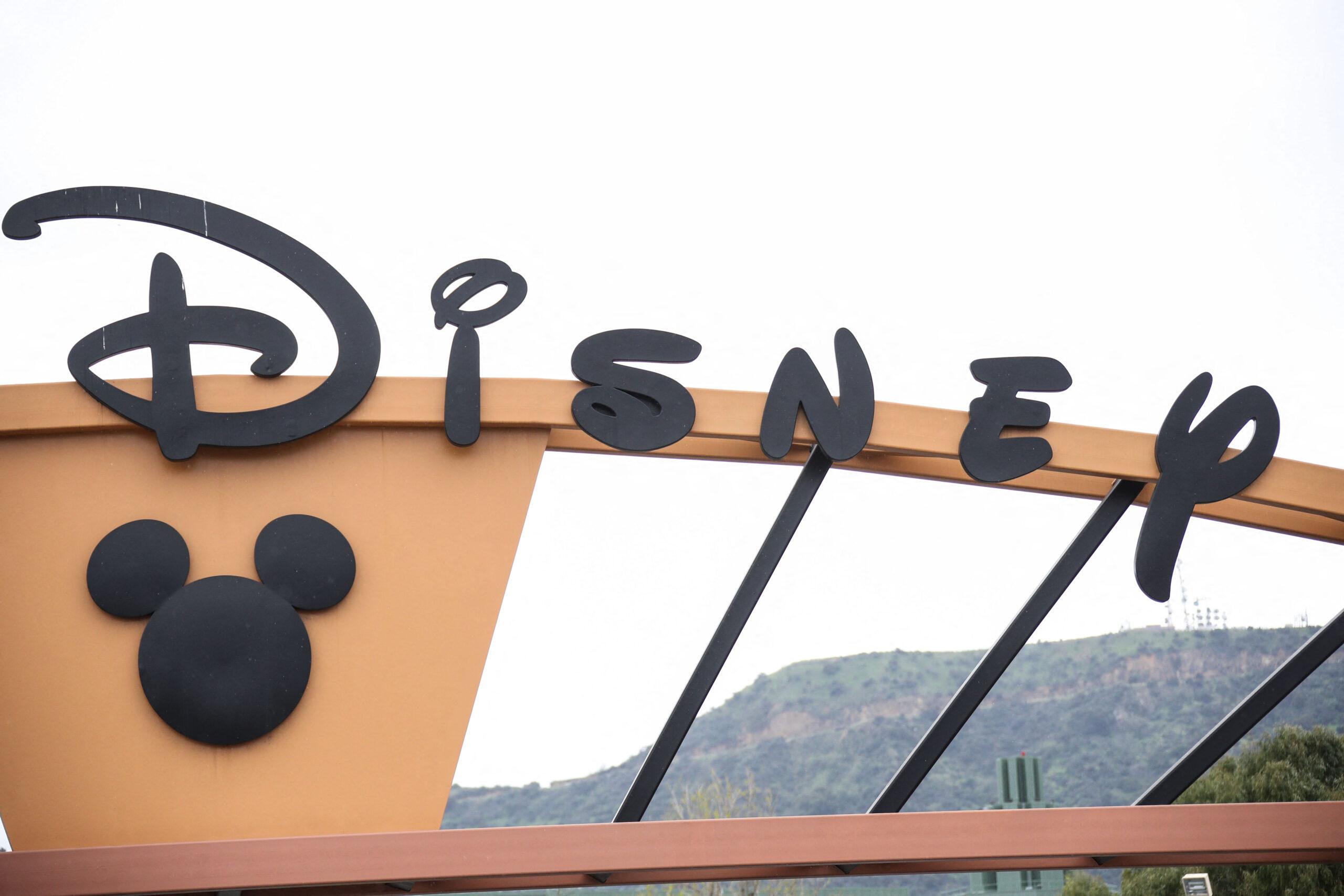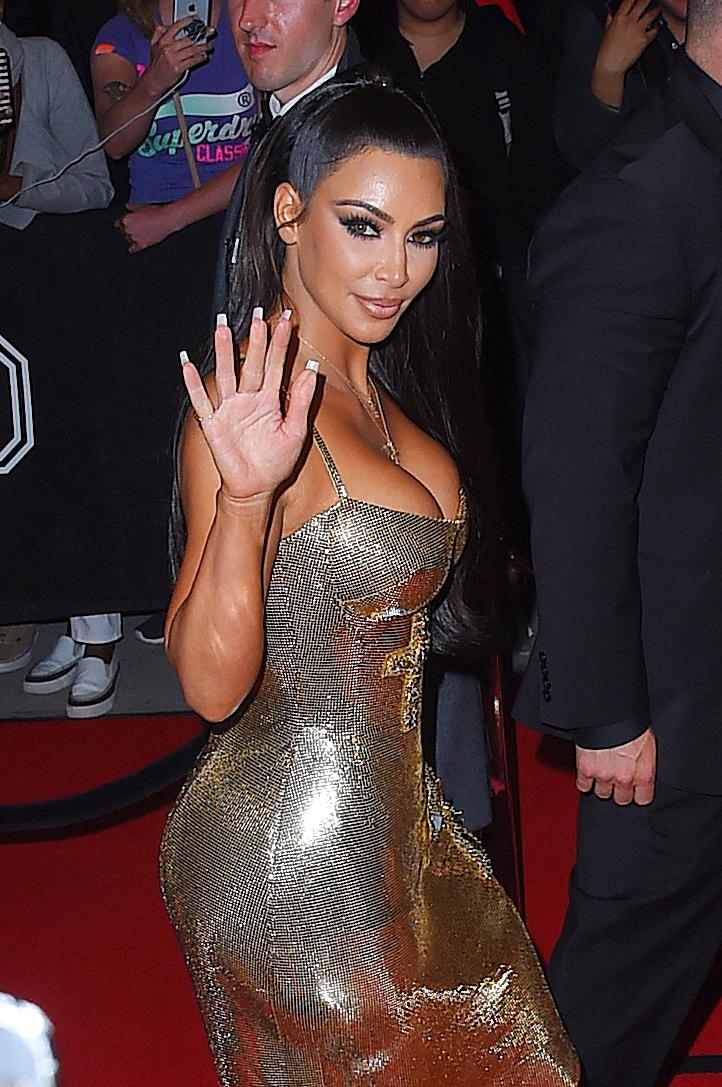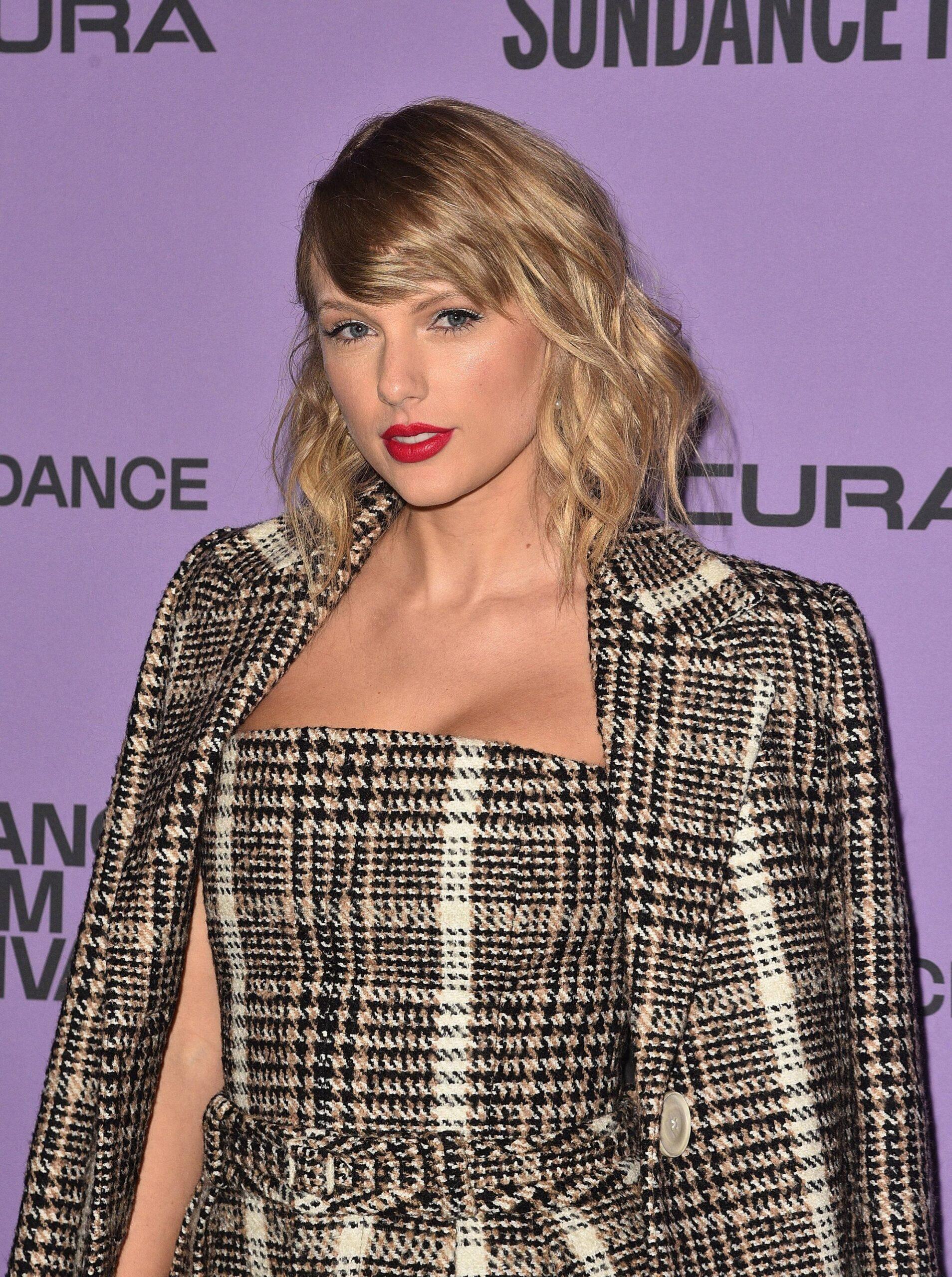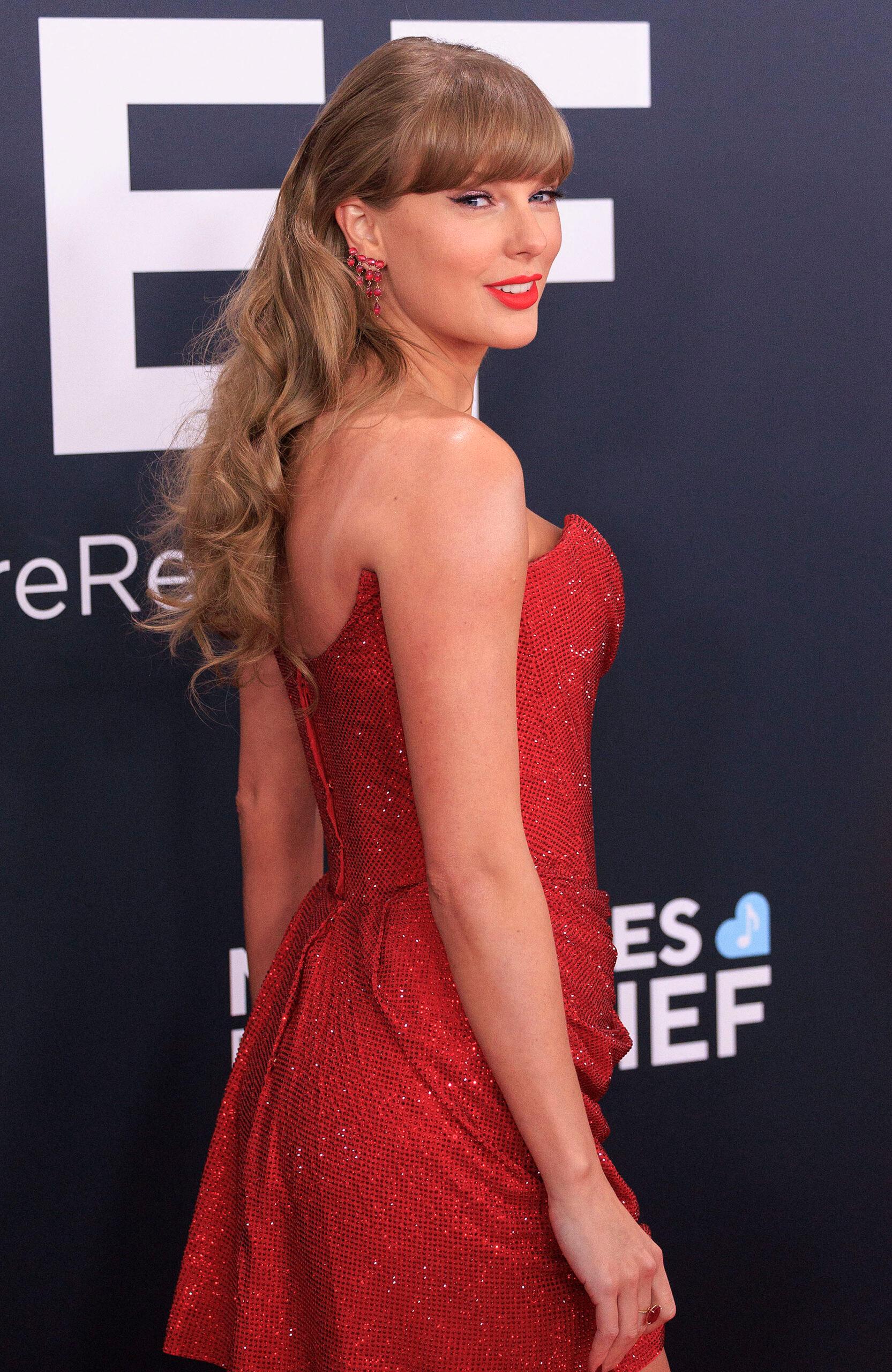However now, their fears have change into chillingly actual.
Just lately, reviews revealed that AI chatbots are impersonating celebrities and putting up “overly private conversations” with teenagers, sparking new panic throughout Hollywood and past.
Article continues beneath commercial
Hollywood Celebrities Confront A New Sort Of Imposter
When Kim Kardashian revealed she retains shut watch over North West’s TikTok, it underscored how intense parenting within the digital age has change into.
Kristen Bell and Dax Shepard have strict screen-time limits, whereas Jennifer Garner admits she waited longer than most earlier than letting her youngsters have telephones.
Nonetheless, these on a regular basis struggles with social media have taken a disturbing flip.
The Washington Publish just lately reported that chatbots are actually impersonating celebrities and fascinating teenagers in “overly private conversations.” What sounds just like the plot of a sci-fi thriller is already taking place throughout fashionable platforms, the place tens of millions of youngsters work together day by day.
For well-known mother and father who’ve spent years warning concerning the blurred traces between fame and on-line entry, the information hit particularly laborious.
Article continues beneath commercial
These aren’t simply pretend fan accounts anymore; they’re AI-driven replicas able to emotional manipulation.
Article continues beneath commercial
Disney Takes Authorized Motion As Fears Escalate

Even leisure giants are being dragged into the chaos.
Disney was just lately pressured to ship a cease-and-desist letter to a chatbot firm that misused its beloved characters, warning of potential “grooming and emotional manipulation.”
The rising pattern has many calling for accountability, and plenty of are turning to celebrities themselves to talk up.
Mother and father, each well-known and never, need Hollywood to push for stronger laws on tech firms that revenue from blurred identities.
On the identical time, Congress has revived the Children On-line Security Act, a long-discussed invoice that will require tighter protections for minors and restrict addictive options in digital apps.
Article continues beneath commercial
Collectively, these strikes sign what celeb mother and father have been hinting at for years that elevating kids in a hyperconnected world has change into a struggle towards invisible risks.
Article continues beneath commercial
Hollywood Mother and father Embrace Tech That Protects

A joint examine by the College of Maryland and Microsoft, revealed within the Worldwide Journal of Fashionable Analysis in Engineering and Know-how, revealed that kids usually tend to embrace wearable tech when it offers them a way of independence, whereas mother and father want instruments that defend with out invading privateness.
That steadiness between freedom and oversight is strictly what celeb mother and father like Bell, Garner, and Kardashian describe when discussing digital boundaries.
Now, the subsequent wave of tech goals to assist. Sensible units such because the Bark Watch embody SOS buttons, GPS monitoring, and AI alerts that flag bullying, predation, or suicidal ideation. The purpose isn’t surveillance however security.
As expertise continues to blur the road between actuality and imitation, Hollywood’s most cautious mother and father have gotten unlikely advocates for change.
In a world the place even a well-known face may be faked, the message is obvious: staying linked must not ever come at the price of staying protected.
Article continues beneath commercial
AI Deepfake Scandal Highlights Rising Mistrust In Media

The issues concerning AI chatbots are a part of one other problem for Hollywood celebrities.
Taylor Swift, recognized for her record-breaking “Eras Tour” and up to date engagement to Travis Kelce, grew to become the unwilling heart of a disturbing digital controversy.
In August, Elon Musk’s xAI Grok Think about software reportedly created express AI-generated movies of Swift, prompting widespread outrage and reigniting debate over the ethics of synthetic intelligence.
Consultants warn that deepfake expertise is eroding public confidence in what they see on-line, a rising “belief disaster” affecting leisure and information alike.
In line with a TruthScan survey of 1,000 Individuals, 62% mentioned it’s “by no means acceptable” for movies or media to make use of AI to depict actual individuals with out consent.
Ninety-seven % rejected utilizing anybody’s likeness with out permission, apart from restricted circumstances like satire or historic reenactments. The identical ballot revealed that 85% of Individuals now really feel much less prone to belief on-line content material in comparison with a yr in the past.
Issues lengthen past celebrities. Eight in ten respondents feared AI may impersonate them or family members in scams or pretend recordings. Seventy-three % named video manipulation as their largest concern, adopted by edited photographs, audio, and textual content.
Benjamin Miller, Chief Working Officer of Undetectable AI, defined to The Blast, “Persons are extra snug utilizing AI themselves in methods they discover useful, however it’s bigger firms or dangerous actors utilizing AI that scares them.”
Article continues beneath commercial
Low-effort “cheapfakes,” altered clips designed to mislead, have additionally surged on-line.
One viral instance featured a fabricated video of Mark Wahlberg being scolded on The View, underscoring how misleading edits can quickly unfold with out disclosing their artificial nature.
Hollywood Faces Stress After Taylor Swift Deepfake Outrage

Swift’s expertise isn’t remoted.
Final yr, express AI-generated photographs of her circulated extensively on X, previously Twitter, accumulating over 47 million views in lower than a day earlier than the account was suspended.
By then, the content material had already been downloaded and shared by way of different platforms, proving how troublesome it’s to comprise dangerous AI materials as soon as launched.
The incident has intensified requires stronger AI laws in Hollywood and past, emphasizing that even world icons like Taylor Swift stay weak within the digital period.




